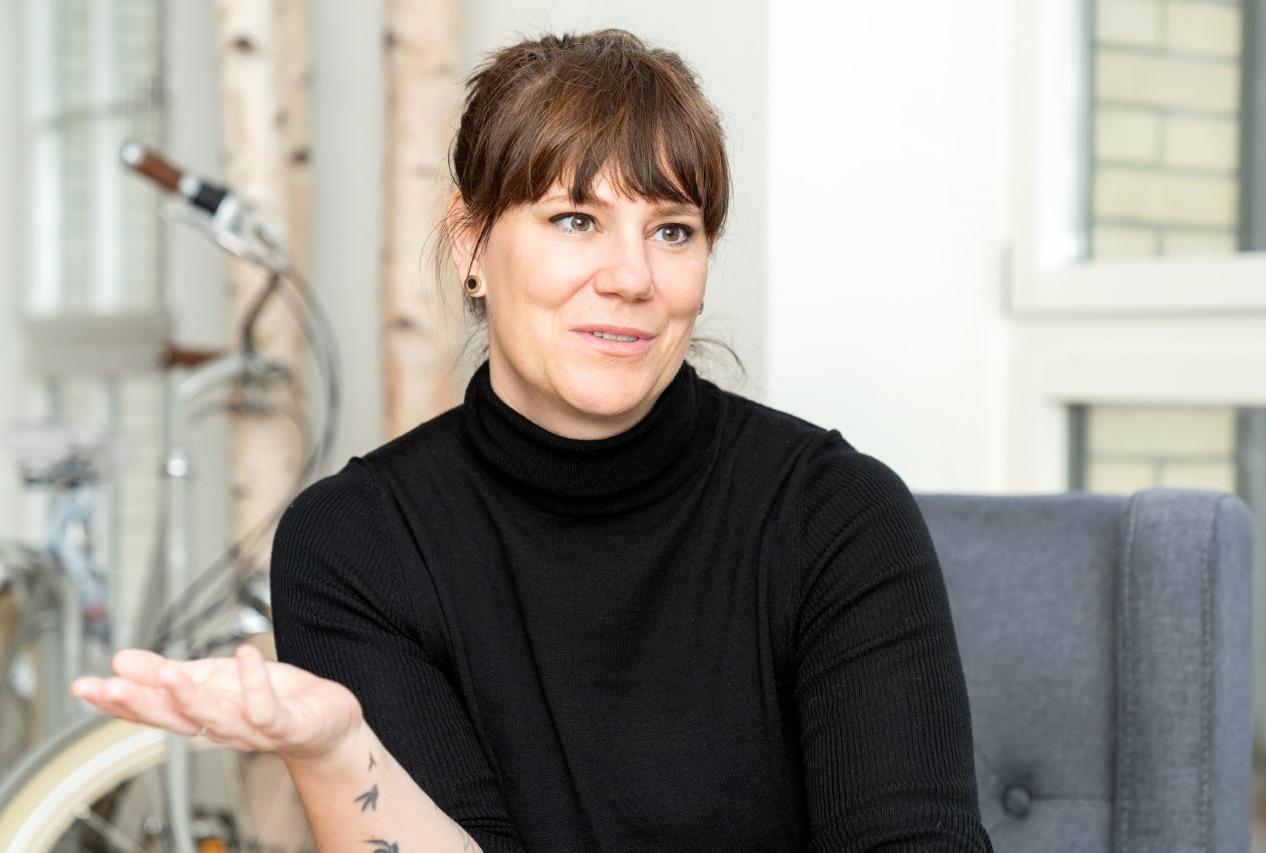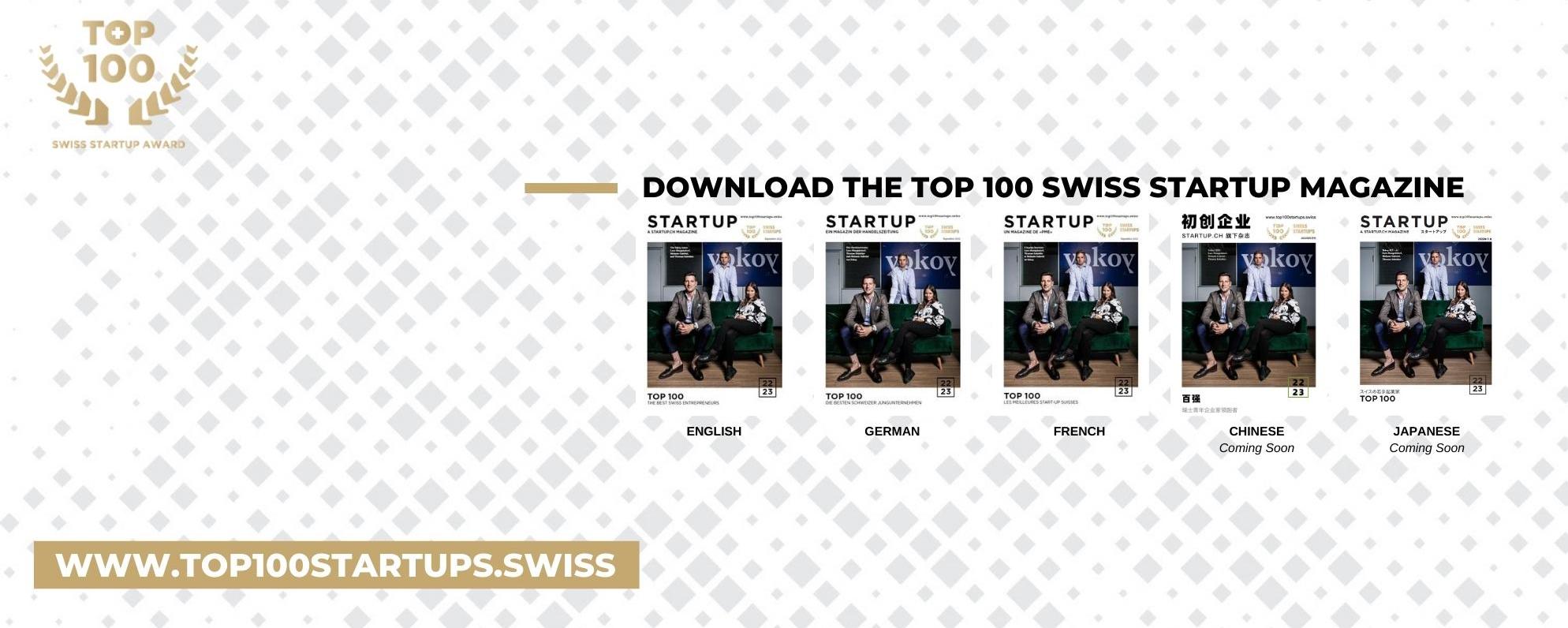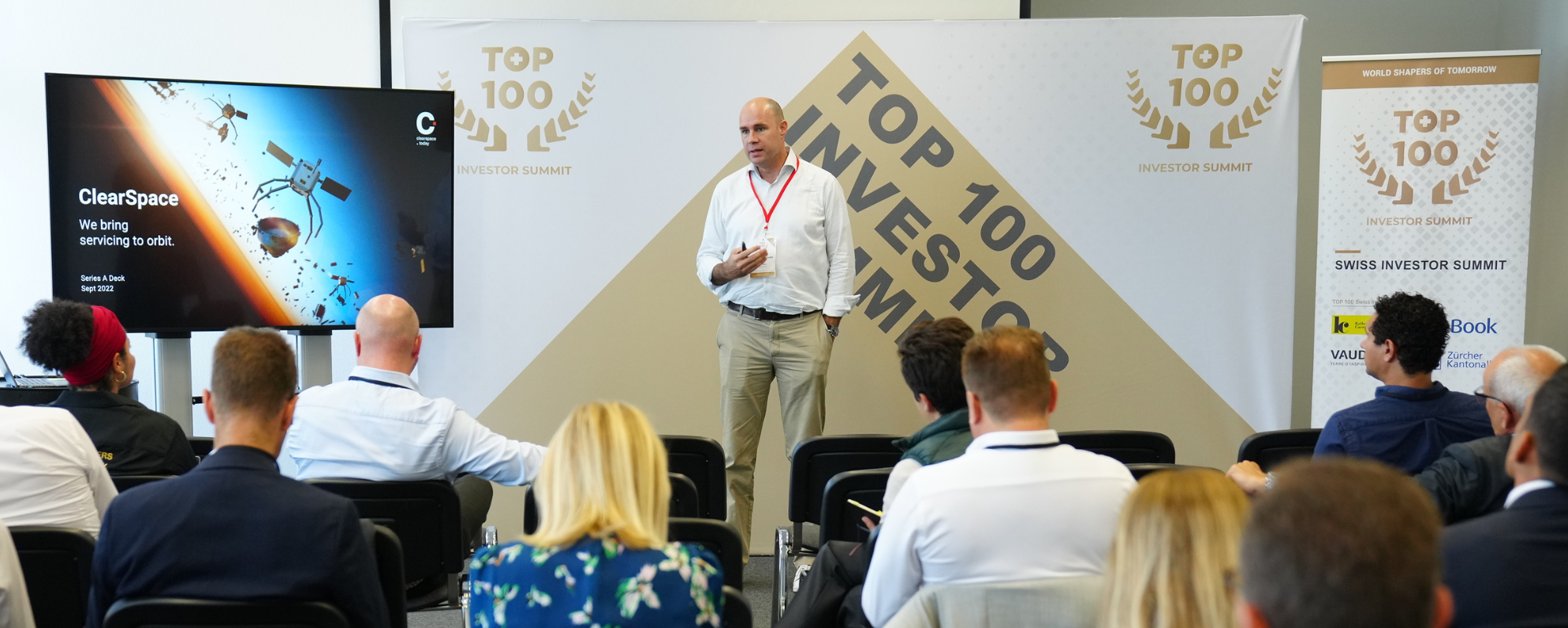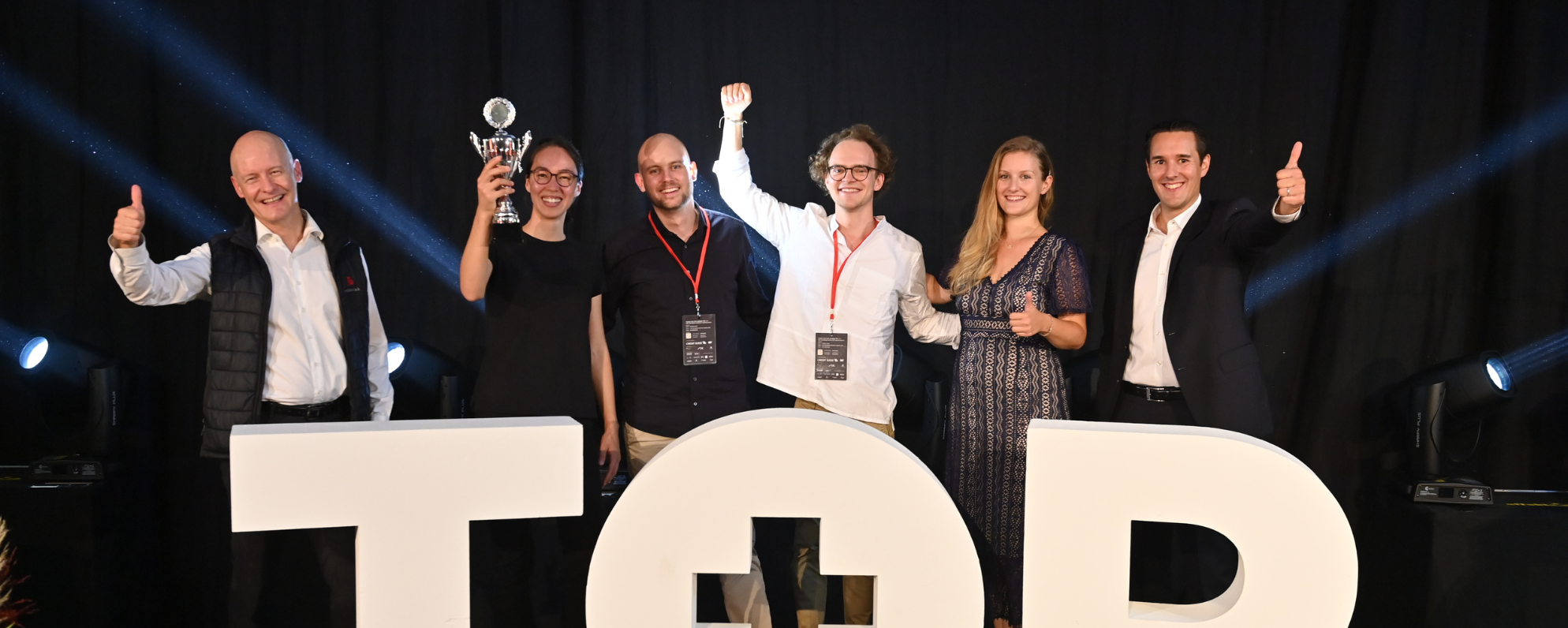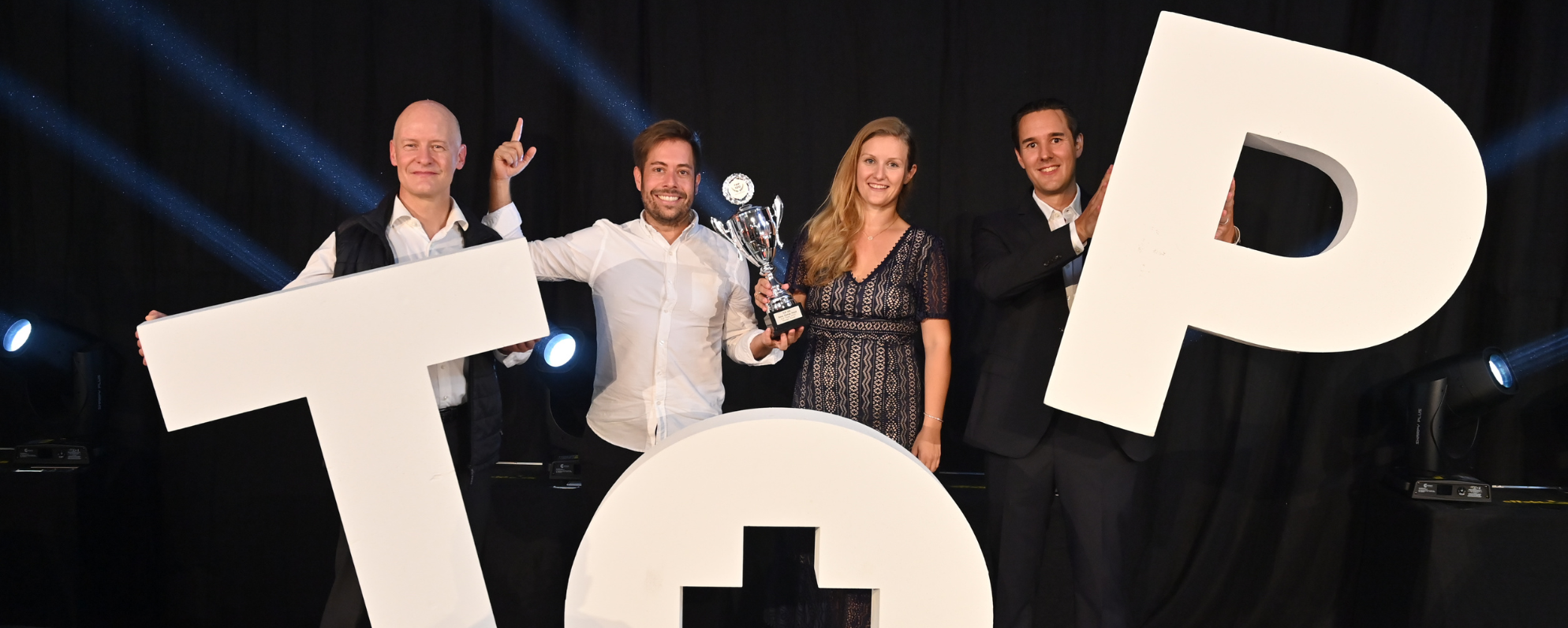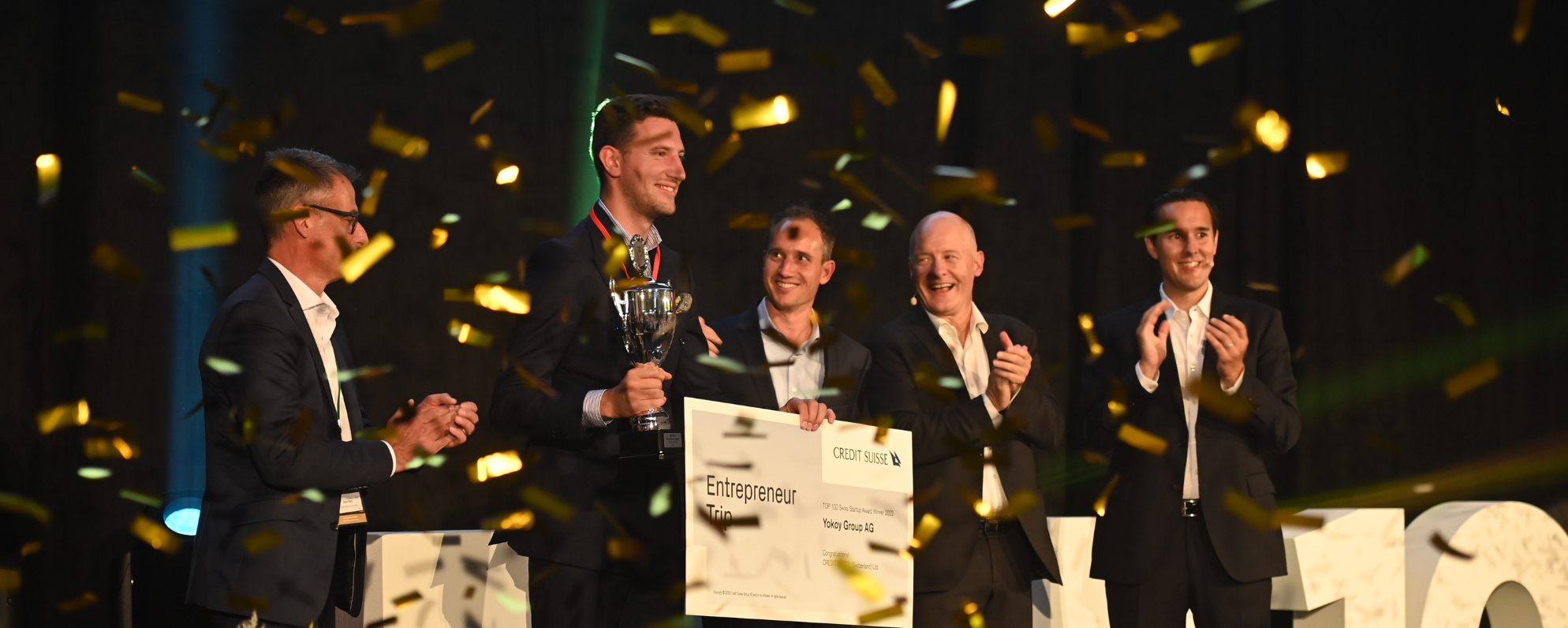"Everything is disruptable" — Interview with Patrick Aebischer
04.10.2022 11:00
Tracy Woodley
He made EPFL a global brand and is now a partner in an American-Swiss investment company: Patrick Aebischer talks about his difficult start at EPFL, post-docs as entrepreneurs, and the megatrend of neural coding.
The son of a Swiss artist and an Irish mother, Patrick Aebischer grew up in Fribourg and studied medicine and neuroscience at the universities of Fribourg and Geneva. From 1984 to 1992, he conducted research at the renowned Brown University (Rhode Island). After his return to Switzerland, he was a professor at Lausanne University Hospital before taking over as head of EPFL in 2000. Now 68, Aebischer has founded four biotech companies in the US and Switzerland and is a senior partner at the VC firm ND Capital.

Mr. Aebischer, in western Switzerland everyone knows you. You are Mr. Innovation par excellence. In the rest of the country, you are best known as the former president of the EPFL. Why the difference?
I believe, in all modesty, that what we have achieved here is not given enough recognition, particularly in German-speaking Switzerland. As an example, when I took up my post at EPFL in 2000, just over CHF 2 million was invested in EPFL spin-offs. Last year, it was CHF 781 million. In comparison, the federal government contributes about CHF 650 million a year to EPFL’s total budget.
Can this dynamic also be felt outside the academic milieu?
Take a look! We are here in the EPFL Innovation Park. About 2,000 highly qualified jobs have been created here over the last 20 years. In addition, there are what I call EPFL’s ‘antennas’ in the other French-speaking cantons: the Institute for Microtechnology in Neuchâtel, Campus Biotech on the former Serono site in Geneva, the Smart Living Lab in Fribourg – and the Energypolis campus in Sion. Canton Valais wants to invest tens of millions of francs in the expansion there in the coming years.
Let’s flashback. When the Federal Council elected you president of EPFL, there was massive resistance from professors and students...
... they collected 4,500 signatures against it.
What was the reason?
First, I trained as a medical doctor and, second, I had lived in the US for eight years and experienced the advantages of the Anglo-American university system at Brown University. This triggered a defense mechanism. I also made it clear on my appointment that I intended to transform EPFL from a good engineering school to a world-class research university. That didn’t suit everyone.
Did it really need to be completely rebuilt?
Until then, EPFL had been considered the little sister of ETH. Some even spoke of a ‘golden university of applied sciences.’ Just imagine: life sciences – to which Switzerland owed every second export franc last year – didn’t feature at all at EPFL at the time! One of my goals, therefore, was to add the fields that generate strong exports, such as life sciences and finance.
What were your most important measures in taking up the post?
Two things were central: first, we introduced the American tenure-track system. We offered temporary and highly performance-related contracts to researchers who joined us. If they were successful, they would be promoted to a full professorship; if they failed to produce scientific results and engage in high-level education, they had to look for a new position. In this way, we broke up the rigid structure of (young) assistants and (older) professors.
You mention two measures.
We closed the 14 departments and created five schools led by professional deans selected by EPFL’s senior management.
Until then, a pronounced bottom-up philosophy prevailed in Swiss university research. The scientific impetus came from the scientists. Were you aware that you were challenging established structures?
The bottom-up approach is good because it ensures the quality of the research. But it is also very conservative. What I was aiming for was a good mix of grassroots scientific freedom and top-down strategic initiatives.
When did you see that your new, strongly Anglo-Saxon-inspired, university philosophy could work in Switzerland?
When EPFL became an attractive address for external partners. It started with projects such as Solar Impulse and Alinghi and led to the construction of the Rolex Learning Center with its iconic architecture. Another important element was our ability to attract professors from top US universities.
You once wanted to rename EPFL as Swiss Tech Lausanne. What happened to that?
(laughs) The idea was not at all well received. I just wanted to replace the tongue-twister EPFL with a catchier name, because I’m convinced that academic brands are important location factors. For example, we were able to attract top experts in the energy field to our Energypolis campus. They did not move to Sion for the mountains and weather, but for the EPFL brand.
You have been active as a venture capital investor since your resignation as EPFL president. How did that come about?
The founder of ND Capital, Aymeric Sallin, is an EPFL alumnus. He had started a fund in nanotechnology in Zurich but had trouble finding suitable projects and moved to Silicon Valley. We met soon after I stepped down from the EPFL presidency. We both believed that disruptive technologies often emerge at the interfaces between nanotechnology and biology and information technology. Shortly afterwards, we decided to jointly raise the money for ND Capital’s third fund and set up a European office here in Ecublens.
ND Capital is also invested in Swiss start-ups. What kind of projects do you look for?
We strive for an ideal mix of people and technologies. That's what we did with H55 (TOP 100 Startups 2018 and 2019). We formed a team of former Solar Impulse engineers, which is now building an electrically powered aircraft. My credo is that you have to bring the right people together.
And those are not always the inventors at universities?
Many good projects are launched by post-docs. But it seems naïve to me to believe that these excellent scientists will automatically be able to commercialize a fundamentally new technology. For that, you need experienced managers with networks and industry know-how.
You are on the Board of Directors of Nestlé and Logitech and chairman of the Advisory Board for the Novartis Venture Fund. You have been accused of being too close to large companies. What do you say to that?
The ecosystem absolutely needs the big companies – as potential buyers of start-ups. The fact that Logitech and Nestlé operate research facilities here on the site should be welcomed. You only have to look at the European ICT industry to see what happens when there’s a lack of major acquisition partners in a market. If a successful European ICT start-up fails to go public, sooner or later it will be sold to an American giant.
How do you think this problem could be solved?
In the short term, it will be difficult. At the moment, the industry is driven by machine learning (ML). For that, one needs an extremely large amount of data, and no one has more data than Google, Facebook, and Microsoft. But everything is disruptable! Personally, I have high hopes for what’s known as neural-based artificial intelligence
You will have to explain that to us.
The pioneering work of Henry Markram and Kathryn Hess at EPFL has led to technology inspired by the brain’s way of computing. Put simply, the human brain doesn’t need to have seen a million photos of giraffes before it is able to recognize a giraffe – it's much faster and it does it with 30 watts of power.
This article by Jost Dubacher was first published in the TOP 100 Swiss Startup Magazine 2022.


